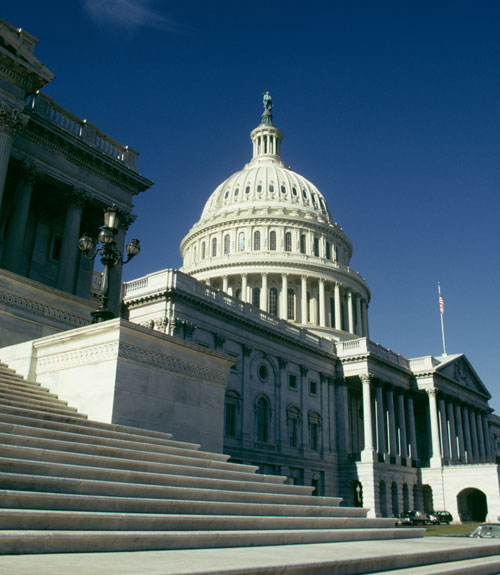 As attendees return from last week's WINDPOWER 2011 Conference & Exhibition in Anaheim, uncertainty in wind industry policy places a pall over every lead and business contact made at the conference.
As attendees return from last week's WINDPOWER 2011 Conference & Exhibition in Anaheim, uncertainty in wind industry policy places a pall over every lead and business contact made at the conference.
Although much of the federal policy driving wind power remains firm in the near term, there are dark clouds just over the horizon. For example, two of the primary incentives used by developers – the U.S. Treasury Department's Section 1603 cash-grant program and the production tax credit (PTC) – will soon expire.Â
The cash-grant extension expires at the end of this year, and the PTC expires at the end of 2012. Although the extension of either or both policy incentives would be welcome news for the industry, receiving such immediate satisfaction is unlikely. In fact, throughout its history, the PTC has typically gone down to the wire when it comes to extensions.Â
Joe Condo, legal counsel for Chicago-based Invenergy, says the average time at which the PTC has been extended was seven days before it was set to expire. Others point to the realization that 2012 is a presidential election year and that energy legislation could get lost among other issues.
‘Partisan rancor increases when you get to a presidential election,’ admits Roby Roberts, vice president of communications and government affairs at Horizon Wind Energy, adding that although the extension of incentives for renewable energy is important, the U.S. government is also mulling weighty issues such as tax reform and the budget.
‘All of them are big priorities,’ Roberts explains, adding, ‘We feel reasonably confident that we're in line for an extension.’
There is also an increased emphasis on fiscal responsibility in Congress.
‘The GOP, particularly on the House side, has made it especially clear that budgetary matters are its first concern,’ Condo says.
The American Wind Energy Association (AWEA) indicates that stable policy creates a predictable business environment and is the key to the continued growth of wind power.
Policy stability is necessary in order for the U.S. to access more reliable and affordable clean energy – the kind that promises to add jobs and foster investment in the country, from its rural farming communities to its manufacturing centers – and Horizon's Roberts suggests that manufacturers along the supply chain will be hurt if the incentives are not extended.Â
‘[Wind] developers are built for peaks and valleys in the market and understand that energy is cyclical, and that's part of the business,’ he says. ‘But those in manufacturing and the supply will not grow or open new centers without market security.’
Others are resigned to the fact that any policy extensions will not happen in the short term.
‘There will be no extension of any wind subsidies until, at the earliest, late 2012 after the fall election, with a significant risk of no action until early 2013,’ says Edward Einowski, a partner at Stoel Rives.Â
‘What action will be taken will largely depend on the outcome of the election, which could range from Democrats taking back the House and gaining 60-plus seats in the Senate – in which event PTC and [investment tax credit (ITC)] extensions appear more likely – to further gains by the Republicans in both the House and Senate, in which event any extension of either the PTC or ITC grants may well be problematic.’
Einowski envisions a scenario that could help accelerate policy extensions.Â
‘It is possible that developing political events in a presidential election year could cause Congress to move on extending subsidies prior to the election,’ he says. ‘But given the political situation in Washington and the split control of the House and Senate, it would appear to take something of a miracle for that to occur.’



